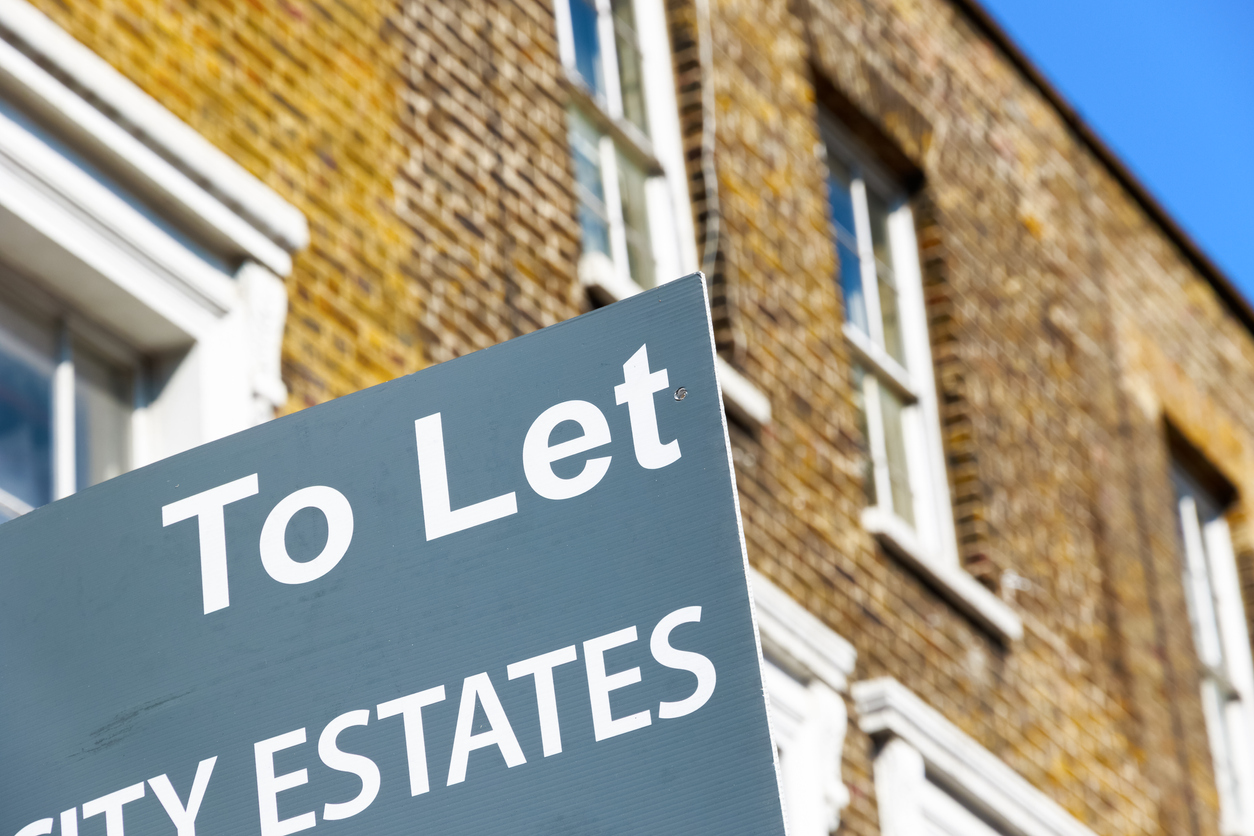Buy To Let
Buy-to-let rates fall but question mark hovers over optimism for market

Buy-to-let two and five-year fixed rates have fallen on average by more than a quarter of a percent year-on-year, analysis from Moneyfacts.co.uk revealed.
The average two-year fixed rate has dropped from 3.07 per cent in February 2019 to 2.75 per cent this month.
The five-year average fixed rate has fallen from 3.56 per cent to 3.20 per cent over the same period.
According to Moneyfacts’ analysis, if a landlord had a five-year fixed rate mortgage in 2015 and was looking to refinance, the average rate has dropped by 1.19 per cent. This would mean a difference of £1,947 a year in monthly repayments if a landlord were to take a loan of £250,000 on a 25-year term compared to back in 2015 for the same amount and term.
Rachel Springall, finance expert at Moneyfacts.co.uk, said: “Lenders have cut rates on both short-term and long-term deals by around 0.30 per cent year-on-year, so there could be borrowers looking to switch their deal. Cutting down on monthly loan payments may be at the forefront of landlord’s minds considering the mortgage tax relief changes.
“Since April 2017, mortgage interest tax relief for buy-to-let landlords – which allowed them to deduct mortgage expenses from rental income to reduce a tax bill – has slowly been phased out. Indeed, by April this year it will be gone entirely, which means landlords could face a larger tax bill and less rental income as a result. This shake-up may deter potential landlords who feel their profit margins will be tightened, but despite this, optimism for 2020 appears resilient and lenders are clearly working hard to entice prospective borrowers. However, it is hard to tell whether this will wane as the year progresses.”
Landlords expect business to increase
Using a limited company to buy properties, rather than purchasing houses as an individual, is one way to side step the cuts to mortgage interest relief, although limited companies do come with their own tax burden.
Nigel Terrington, chief executive of Paragon Bank, said it was too early to tell whether recent positive surveys highlighting landlords’ improved confidence could be sustained.
The changes to tax relief for landlords and the introduction of three per cent stamp duty on second homes has caused thousands of landlords to exit the market or look for alternative ways to make money from the rental market. As well as setting up as a limited company, landlords are also looking to the holiday let market.
Research by the Association of Residential Letting Agents (ARLA) and Capital Economics found that of the overall landlord population, 2.7 per cent have changed from long-term tenants to short-term lets. This equates to 46,000 properties made unavailable to local people looking for a home. In London the issue is bigger, with four per cent of investors now offering short-term lets over homes previously used for longer term rentals.
The number of active listings on Airbnb in the UK increased by a third to 223,000 in 2018 from 168,000 in 2017, the research showed.
And in the capital, the number of active listings on Airbnb jumped four-fold from 18,000 in 2015 to 77,000 in 2019.
In Edinburgh short-term lets tripled in just three years, with 32,000 active listings in 2019, up from 11,000 in 2016.